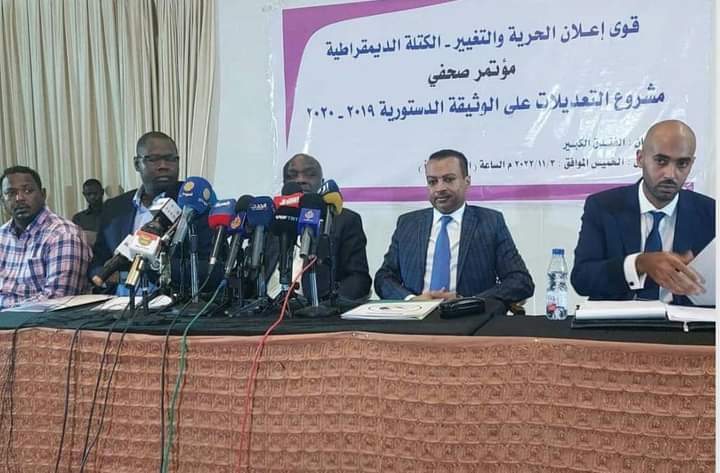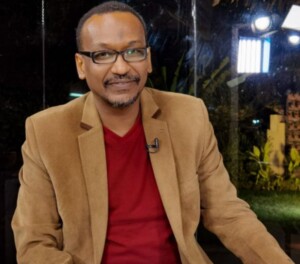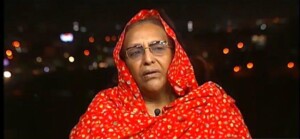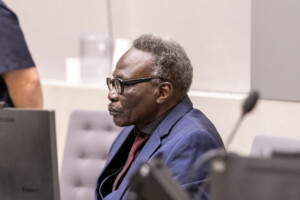Sudanese rebel movements and opposition parties form new alliance
A number of Sudanese former rebel movements and political parties announced the formation of a new political alliance called the Forces for Freedom and Change-Democratic Block (FFC-DB) yesterday. They propose a number of changes to the 2019 Constitutional Document.
 Press conference on the official launch of the Forces for Freedom and Change-Democratic Block yesterday (social media)
Press conference on the official launch of the Forces for Freedom and Change-Democratic Block yesterday (social media)
A number of Sudanese former rebel movements and political parties announced the formation of a new political alliance called the Forces for Freedom and Change-Democratic Bloc (FFC-DB) yesterday. They propose a number of changes to the 2019 Constitutional Document.
In a press conference in Khartoum, speakers stressed that the new alliance “reflects political, cultural, social, and religious diversity”. The group includes the National Accord Forces (NAF), the Democratic Unionist Party (DUP), and the Sudanese Ba’ath Party, amongst others.
The NAF, themselves a split-off faction of the Forces for Freedom and Change also referred to as the FFC-National Accord, are an alliance of former rebel movements including the Justice and Equality Movement (JEM) led by Jibril Ibrahim, currently Minister of Finance, a Sudan Liberation Movement spit-off faction headed by Minni Minawi, now governor of the Darfur Region, and the Democratic Justice Alliance headed by Mubarak Ardol, director of the Mineral Resources Company and former member of the Sudan People’s Liberation Movement-North (SPLM-N).
The DUP faction chaired by Jaafar El Mirghani and the Sudanese Ba’ath Party led by Mohamed Wadaa are among the group of smaller political parties joining the alliance.
Ardol warned of what he described as “attempts of some political forces to regain control of the country” whilst El Mirghani called for “more national consensus among the Sudanese” and warned against “the continuation of armed militias”.
Ardol further explained that the new alliance adheres to the 2019 Constitutional Document, but proposes to amend a number of clauses concerning the establishment of a civilian sovereign authority including a civilian Council of Ministers, a Legislative Council, and a Security and Defence Council headed by the Prime Minister.
Among the coalition’s proposals, too, is to replace the name Forces for Freedom and Change in the Constitutional Document with “civil forces, armed struggle movements, and resistance committees” to move beyond the power of the FFC as the main civilian political actor in government.
These “civil forces, armed struggle movements, and resistance committees” must appoint the prime minister, the sovereign authority, and parliament.
The NAF announced their political vision in August and proposed that the role of the military in the government should be limited to security and defence councils, chaired by a civilian head of state or the prime minister.
End vacuum
Minister of Finance and JEM leader Jibril Ibrahim stressed the importance of forming a civilian government in Sudan as soon as possible to end “the vacuum that the country has experienced during a whole year since the military coup on October 25, 2021”.
Ibrahim also said that the proposals to amend the 2019 Constitutional Document are not final and subject to discussion with other political forces.
The minister urged those protesting against the military coup to adhere to peace and not resort to violence.
Various Khartoum neighbourhoods witnessed demonstrations against military rule today. Protesters also explicitly reject any political settlement with the junta. The protests were triggered by the attacks on the Lawyers House in Khartoum on Tuesday evening.
The authorities closed a number of bridges and roads leading to central Khartoum.











 and then
and then